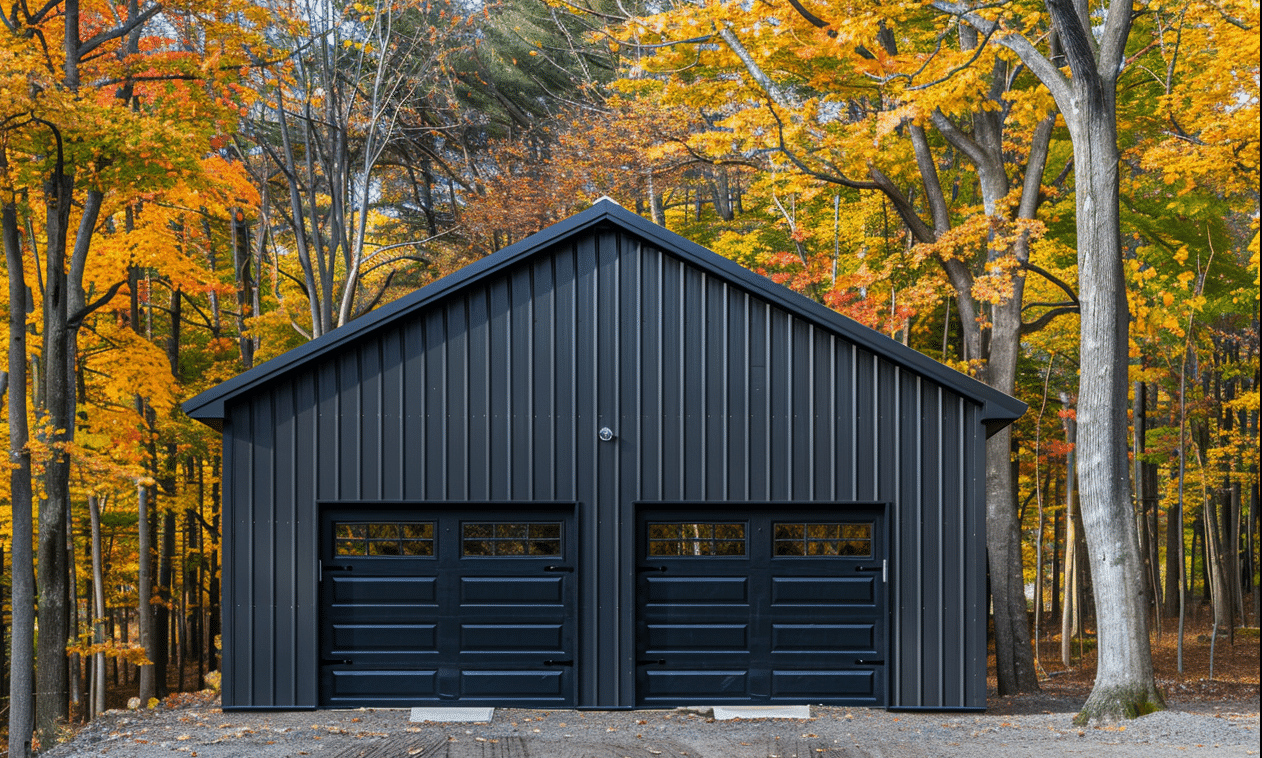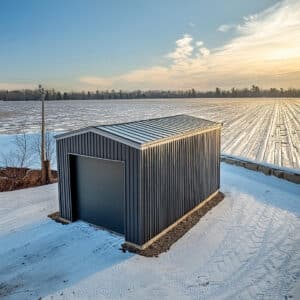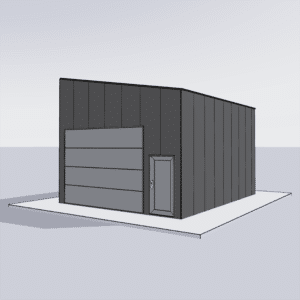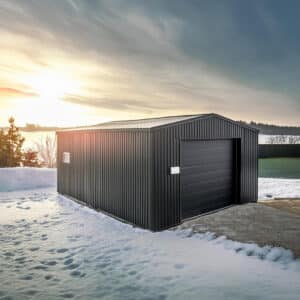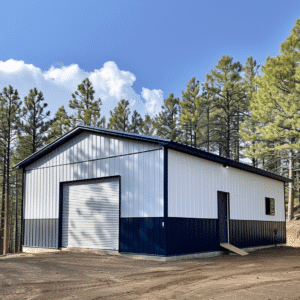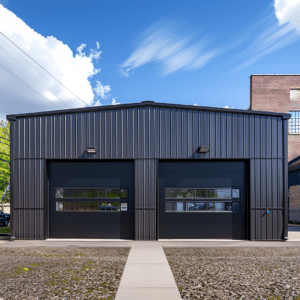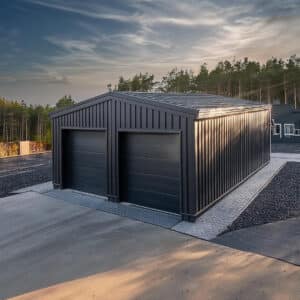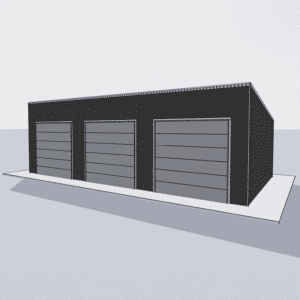When venturing into the world of pole barns, understanding the nuances of pole barn foundations is crucial. Foundations not only support the structure but also determine the barn’s overall longevity and stability. Before you embark on that construction journey, it’s imperative to grasp the different types of foundation types and the installation processes involved. Doing so will ensure that your pole barn project stands out like a majestic beacon in the Canadian landscape, stable and surefooted against nature’s whims.
The Importance of Choosing the Right Foundation
Before delving into specific building foundation types, let’s establish why making an informed choice is essential. Foundations lay the groundwork for the entire structure – quite literally! They distribute the weight of the barn evenly, anchor it into the ground, and protect it from moisture and cold. A poorly chosen foundation can lead to structural issues, increased maintenance costs, and even jeopardize the safety of the occupants and equipment inside.
Understanding the Role of Soil in Foundation Decisions
When it comes to selecting the perfect foundation, soil plays a leading role. Soil composition, moisture content, and load-bearing capacity significantly influence which foundation type will best suit your pole barn. Is the soil clay-heavy or sandy? Does it drain well, or are you dealing with swamp-like conditions? These are the critical speaking points for determining the most effective foundational approach.
Exploring Different Pole Barn Foundation Types
Pole barn foundation types aren’t just about pouring concrete and calling it a day. Various types offer different benefits, depending on the specific needs of your structure and local environmental conditions.
Pier Foundation
A pier foundation is one of the most popular choices for pole barns. This foundation involves sinking large poles (or piers) into the ground at set intervals. The poles offer robust support and create a stable skeleton upon which the barn can be constructed. The key benefit of pier foundations is their cost-effectiveness and ease of installation. They are particularly well-suited for areas where soil composition is varied, offering flexibility where uniformity might be absent.
Perimeter Foundation
Opting for a perimeter foundation is another common route. This involves building a concrete foundation along the perimeter of the barn, providing an anchoring frame for the structure. This type of foundation is excellent for keeping moisture at bay, making it suitable for regions prone to heavy rainfall or flooding. It’s a favorite for those who aim toward longevity and strength.
Slab Foundation
For some, the slab foundation is the ideal choice. Essentially, the barn is built on a thick, solid concrete slab that covers the entire future floor area. The slab not only supports the building but also acts as the actual floor, streamlining the construction process. Slab foundations are durable, capable of withstanding heavier loads, and are relatively maintenance-free once installed.
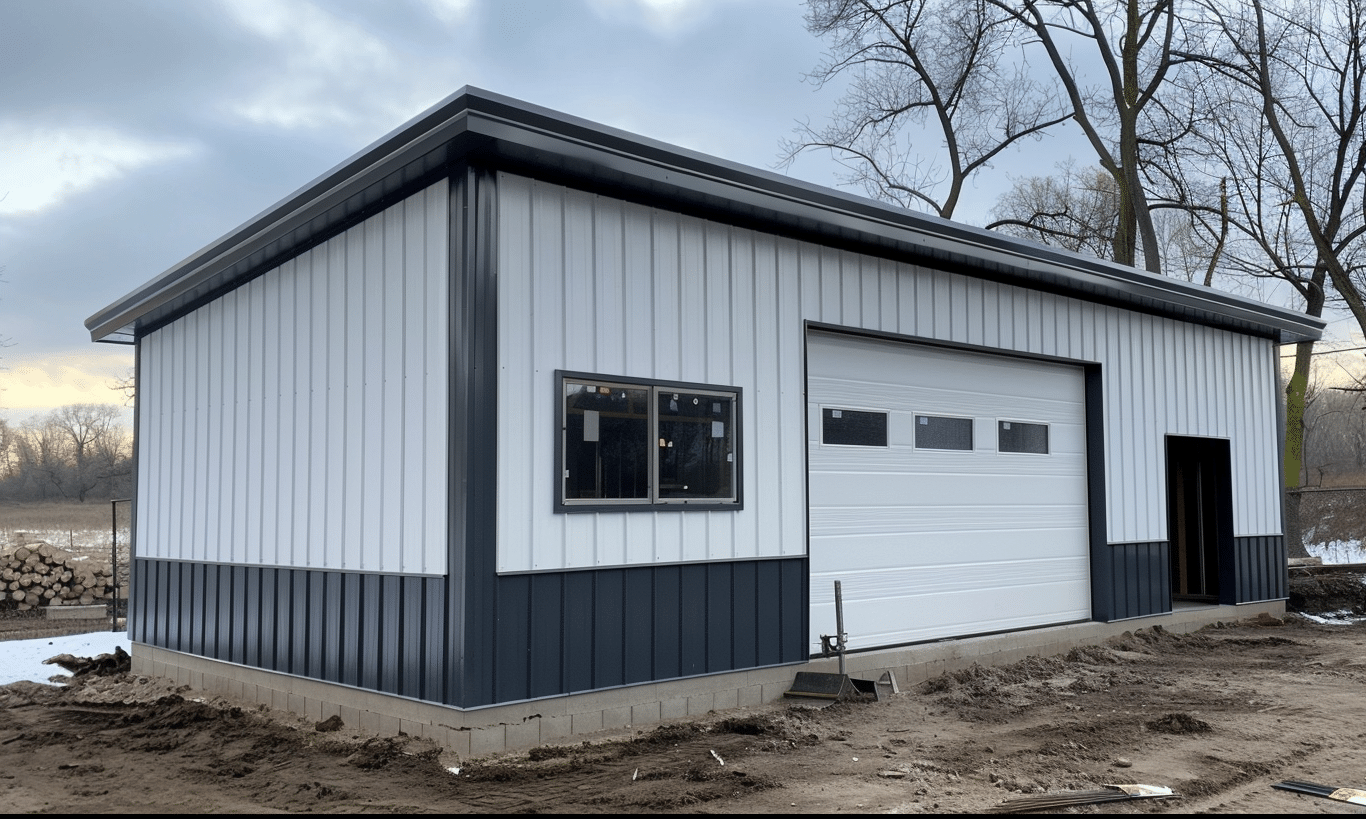
Steps for Installing a Pole Barn Foundation
Knowing the theoretical basics is one thing, but understanding the practical steps of installation is where the rubber meets the road. Here’s how you can ensure a successful pole barn foundation installation.
Conduct Soil Testing
Before deciding on your foundation type, conduct comprehensive soil tests. This will help guide your foundation type decision, ensuring it’s compatible with the ground it will be resting on. Hiring a geotechnical engineer for this task often provides the best results.
Plan and Design
Next, draft a plan for your pole barn that includes the precise locations for each foundational element. This is where you determine the necessary dimensions, depth, and spacing of piers or footers required for your specific design and needs.
Excavate and Prepare the Site
Proper site preparation involves clearing the land, removing debris, grading the area, and setting up forms where concrete will be poured. It’s crucial to ensure the site is level to avoid future structural problems.
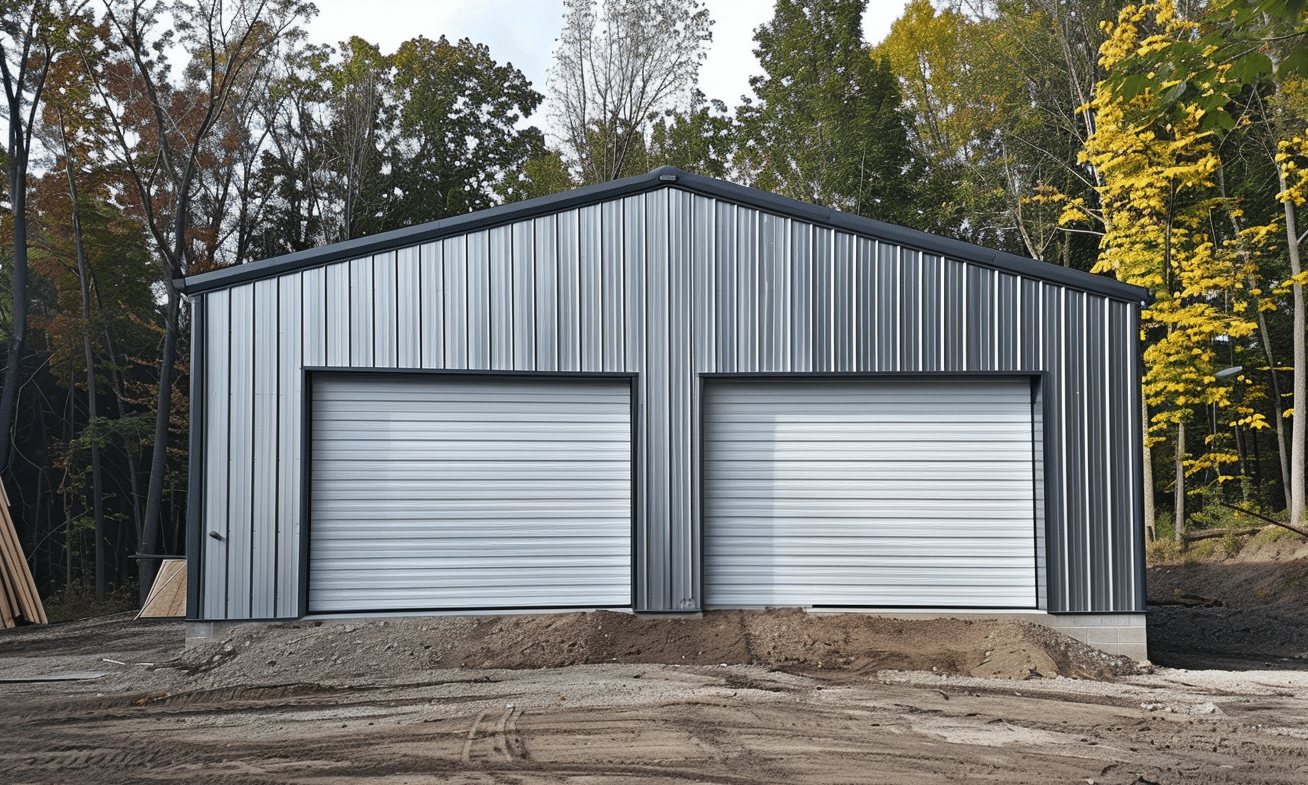
Install the Foundation
Once the site is prepared, start installing the foundation. For pier and perimeter styles, poles are sunk or concrete is poured to firm specifications. For slab foundations, concrete is poured and left to set over time, ensuring it solidifies into a long-lasting base.
Always Follow Legal Requirements
Constructing a pole barn might seem straightforward, but it’s important to adhere to local building codes and regulations. Check with your city’s permit office, and never shy away from seeking advice from experts or using government resources such as Government of Canada – Pole Barn Foundations Types.
The Benefits of Professional Installation
Though many opt for DIY approaches, seeking professional help often saves time and prevents costly errors. Professionals are equipped with experience and know-how, especially concerning complex projects and soil conditions. They can offer custom services, blending practicality with aesthetics in ways that may not be immediately obvious.
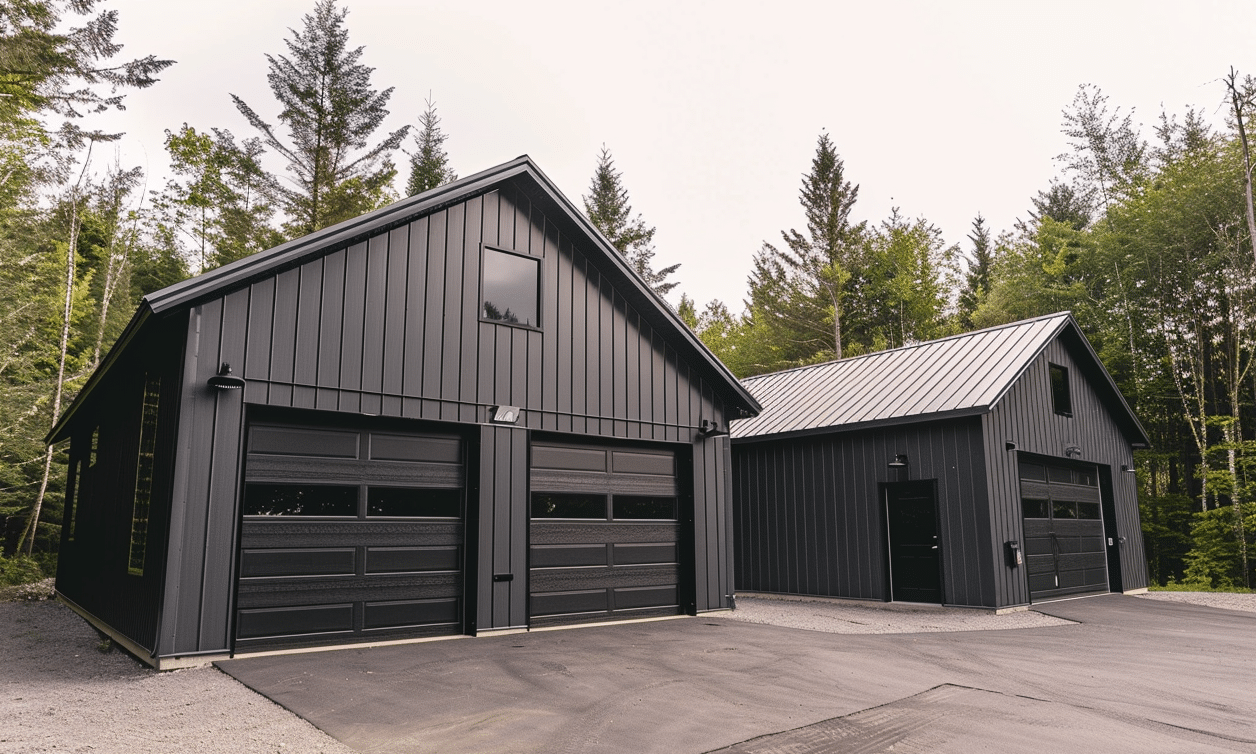
Concluding Thoughts
In conclusion, the foundation of your pole barn is much more than just a support system; it symbolizes the core of your investment. Choosing correctly among the numerous pole barn foundation options impacts the structural integrity and functionality of your building. Whether you choose a pier, perimeter, or slab base, consider factors like soil conditions and regional climate. Remember, understanding the importance of building foundations and seeking professional guidance when necessary can make all the difference in making your pole barn a lasting monument. If you’re curious about other foundation types and how they might apply to similar projects, check out information on custom home foundation types to expand your architectural toolbelt even further.


